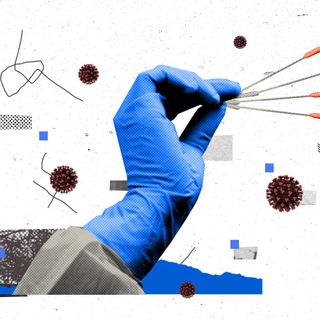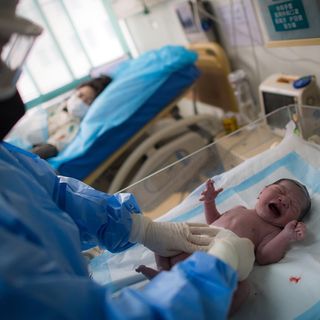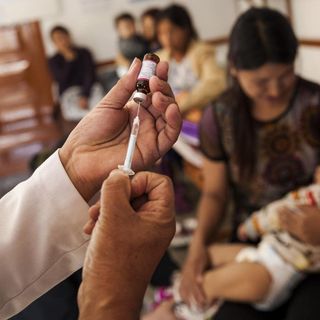A forensic medical examiner in Thailand died from contracting Covid19 recently. Scientists think they got it from a dead body.
The number of coronavirus cases in Thailand at the time of the medical examiner’s death was 272, mostly from abroad, according to a new study published in the Journal of Forensic and Legal Medicine. Therefore, it is not likely the medical examiner contracted Covid19 from an infected person outside of their workplace, scientists Won Sriwijitalai, of the RVT Medical Center in Bangkok, and Viroj Wiwanitkit, of China’s Hainan Medical University, stated, adding, “This is the first report on COVID-19 infection and death among medical personnel in a Forensic Medicine unit.”
Sriwijitalai and Wiwanitkit stress the importance of disinfection procedures in forensic and pathology units in addition to operation rooms, even as the scientific community remains unsure of the number of Covid19 contaminated corpses.
India, for example, has already taken steps to avoid transmission of the coronavirus from corpses. In March, the government issued guidelines for dead body management, Livemint reports, instructing friends and family members to only view the dead body of a Covid19 patient from afar, and refrain from touching, hugging or kissing them. The guidelines recommended refraining from trying to embalm (or preserve) and autopsy the dead body. Additionally, they stated, “Large gathering at the crematorium/burial ground should be avoided as a social distancing measure as it is possible that close family contacts may be symptomatic and have potential to spread the virus.”
Currently, scientists are not sure about how long the novel coronavirus can exist in dead bodies, nor are they certain that it can be transmitted to living humans from corpses. According to the World Health Organization, “most agents do not survive long in the human body after death,” except a few special cases such as tuberculosis, bloodborne viruses (hepatitis B and C and HIV) and gastrointestinal infections (cholera, E. coli, and typhoid/paratyphoid fevers).
In light of the current findings, WHO’s recommendations for disposing of the deceased still stand — ensure proper use of proper protective equipment to avoid direct contact with body fluids, allow families to only view the patient, ensure burial team exercises proper hygiene such as hand-washing and rigorous cleaning of equipment, minimize aerosols in the room, and avoid splashing when washing organs and the body cavity.
As the world focuses on doctors and nurses fighting on the frontlines, we also need to make sure another group at high risk are forensic workers, who need equal protection in this fight.




